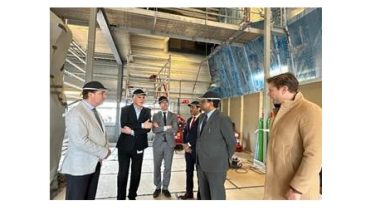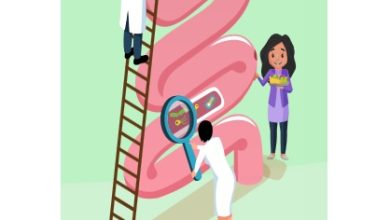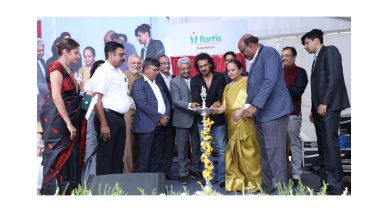Israel’s Bar Ilan University launches course on 3D Printing in Medicine

The course will be conducted at Galilee Medical Center
Bar-Ilan University’s Azrieli Faculty of Medicine in the Galilee has launched a new course, that aims to provide exposure to the use of innovative three-dimensional-based technologies for medical treatment. The course will be led by Prof Samer Srouji, Director of the Department of Oral & Maxillofacial Surgery at the Galilee Medical Center.
The course, “Tomorrow’s Medicine – An Introduction to Tissue Regeneration and 3D Printing”, will be given by the Department of Oral & Maxillofacial Surgery at the Galilee Medical Center.
“Until the development of 3D technology, it was not possible to customise devices and implants,” explains Prof Srouji. “The principle behind the technology is the development of customized devices for patients. In medicine, 3D printing is designed to provide personalised treatment in surgeries performed today using conventional methods. For example, the new options we use today allow for customisation of pallets, so that treatment is more accurate and shorter. Such technologies are already being applied in a number of medical fields, such as oral and maxillofacial surgery, neurosurgery, orthopaedics, and more.”
According to Prof Srouji, in the oral and maxillofacial field, clinicians are required to deal with extremely complex anatomy, for which there is substantial difficulty in fitting implants. In view of this challenge, the need has arisen to produce accurate devices with meticulous planning, able to restore structures such as in the jaws, midface or the orbit.
In the Department of oral and maxillofacial surgery at the Galilee Medical Center, headed by Prof Srouji, a clinical centre has been established for the design and 3D printing of customised implants. The centre’s guiding principle is 3D Point-of-Care (3D PoC) i.e., 3D-based treatment, derived from tissue defects that need to be accurately rehabilitated for patients. Recently, the centre was equipped with a biological 3D printer – one of the firsts of its kind in Israel – that is used for advanced tissue engineering research and the printing of bone and cartilage.
Students in the course will become acquainted with the medical revolution that has led to the development of the field of 3D, medical imaging, segmentation and 3D modelling of implants. The course will present three-dimensional treatment methods that aim to repair tissue deficiency resulting from trauma to the head and neck area, supplementation of deficiency due to removal of cancerous lesions, treatments to correct congenital deformities, and more. In addition, the course will cover chapters in tissue engineering, advanced tissue cultures, and will introduce the field of bio-printing – a combination of three-dimensional printing principles and tissue engineering for creating biological tissue implants.
Prof Srouji explains that medicine is currently transitioning from the use of 3D technologies and inert materials that are not absorbed by the body to the use of biological and biomimetic substances, whose chances of being rejected are significantly lower. These substances undergo a much better and more natural transition in the body, in contrast to metals, such as titanium, that are never absorbed.




